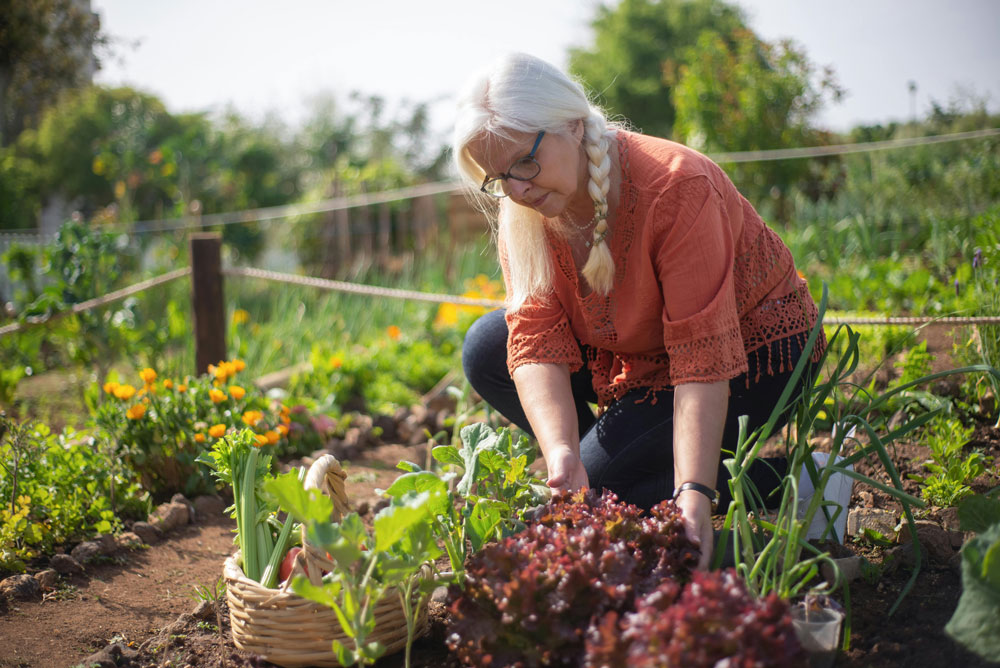Mental health encompasses our psychological, emotional, and social well-being, influencing how we interact with others and perceive the world around us. Good mental health enables individuals to navigate daily life, handle stressful moments, and manage traumatic situations effectively, all while maintaining their overall well-being.
Mental Health Activity
Growing your own food isn’t new; it’s an ancient practice for accessing reliable, nutritious foods. Gardening offers numerous benefits: it provides exercise through functional movements, improves diet with fresh produce, enhances physical and mental health by spending time outdoors, reduces stress through routine activities, and fosters social connections.
What to sow in July
- Broad beans & Peas
- Lettuce
- English spinach
- Silverbeet & Beetroot
- Carrots
- Onions & Garlic
- Cabbages
- Broccoli
- Kohlrabi & Turnip
How to start:
You will need to look at your garden and figure out where you get the most sunlight and position your seedlings to grow in that area. You can use an already established garden bed, pots for individual plants, or planter boxes. You can buy a 30L plastic planter box on legs from Bunnings for around $40.
What equipment do you need?
Not a whole lot really, just some gardening gloves, a spade and elbow grease! A watering can or hose would be handy for watering too.
What kind of soil do you have?
Your soil type is important as what nutrients in the soil will be the food for your plants to grow healthy and strong. You can look up soil types online and see what kind of plants your soil type is suited for, but generally speaking, most basic veggies will grow well in all soil types if you add nutrients to the soil via compost, liquid fertiliser (mixed in the water you give your plants) or other fertilisers like chicken poo or horse manure.


